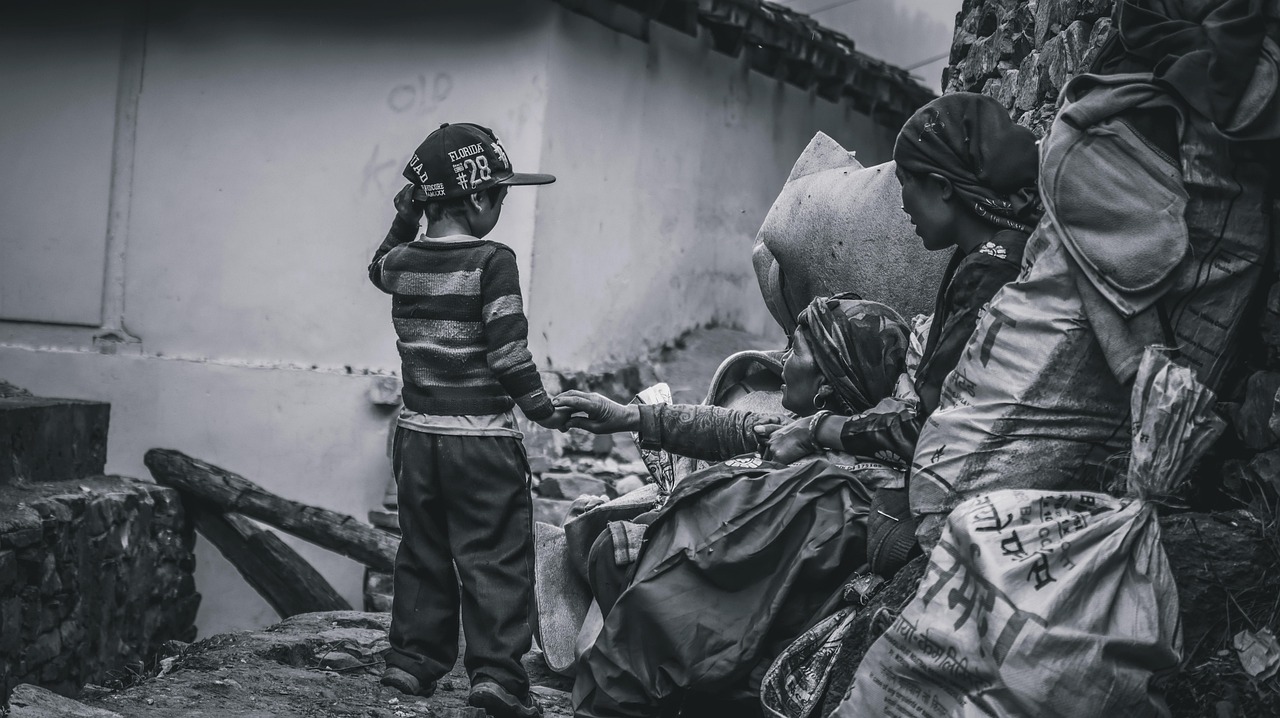Context and Issue
Throughout 2016, the conflict in Syria escalated, significantly impacting Palestine refugees with increased violence and destruction of homes and communities. Essential services like education and healthcare were disrupted, exacerbating already dire living conditions due to economic instability. By early 2017, over 95% of Palestine refugees inside Syria urgently required sustained humanitarian assistance to survive, with many facing internal displacement or being trapped in inaccessible areas. UNRWA's dedicated staff continued to provide vital aid despite facing significant risks, with some losing their lives in the line of duty. After six years of conflict, Palestine refugees' resilience has been stretched thin, with many heavily reliant on UNRWA for basic necessities and protection. However, delivering aid remains challenging, with 70% of UNRWA schools rendered inoperative due to damage or repurposing. Nevertheless, UNRWA maintains partnerships to ensure access to education and essential services for Palestine refugees in Syria.
Solution
UNRWA's initiative in response to the Syrian conflict aims to maintain access to quality education for Palestine refugee children facing restricted education or threats due to the crisis. The intervention addresses various barriers, such as security concerns and psychosocial trauma, employing a multifaceted approach:
-
Ensuring safe learning environments: UNRWA focuses on creating secure educational spaces, offering safety training, establishing safe learning and recreational areas, and providing psychosocial support through trained counselors.
-
Enhancing teaching and learning quality: UNRWA develops self-learning materials and online programs covering core subjects, trains educators on alternative learning methods, offers catch-up classes and summer programs, and facilitates national exams for grade 9 students in hard-to-reach areas.
-
Engaging students, parents, and communities: UNRWA involves parents through awareness sessions and PTAs. It encourages student participation through School Parliaments and the My Voice-My School project, empowering them to advocate for quality education and fostering cross-cultural awareness.
In summary, UNRWA's comprehensive approach tackles the complex challenges faced by Palestine refugee children in Syria, ensuring their continued access to education despite the crisis.
Impact
UNRWA's comprehensive approach to education delivery in Syria amidst the crisis has significantly bolstered the resilience of Palestine refugee communities and ensured their continued access to quality education. Over 66,000 children benefited directly from UNRWA's Education in Emergencies (EiE) response between 2012 and 2016, contributing to a low dropout rate and strong academic performance. Despite the adversities faced, UNRWA students in Syria exhibited high achievement levels, gender equity, and proficiency in critical thinking skills, as evidenced by the MLA assessment. Stakeholder feedback also reflected positive perceptions of the education program's effectiveness. Moreover, the impact extended beyond students to parents and the wider community, with increased parental engagement and access to integrated services through UNRWA safe learning spaces. This success has enhanced UNRWA's emergency preparedness and elevated the importance of education in crisis response within the Agency's framework.












